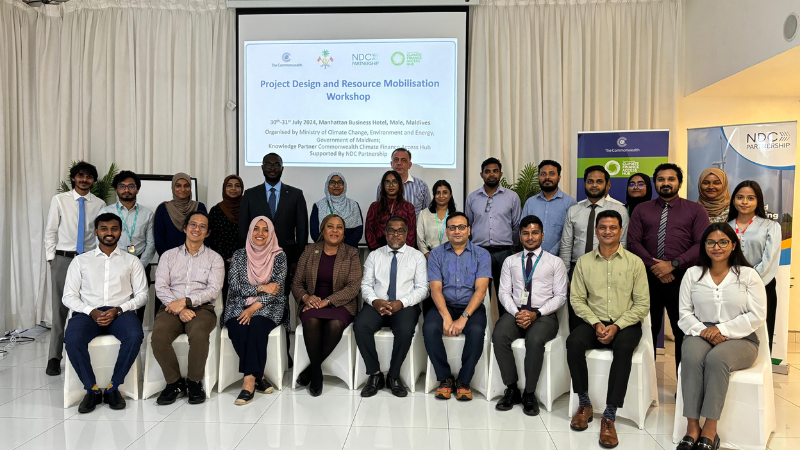A workshop on project design and resource mobilisation was conducted on 30th and 31st July by the Ministry of Climate Change, Environment, and Energy, Maldives, in collaboration with the Commonwealth Secretariat and with the support of the NDC Partnership. The workshop aimed to enhance the skills and knowledge of the participants for developing effective and inclusive climate adaptation projects. A total of 22 participants from government agencies and non-governmental organizations (NGOs) attended the workshop.
During the opening segment, Mr. Deo Gabinete, Regional Manager of the NDC Partnership, highlighted the NDC Partnership’s commitment to supporting Maldives in mobilising resources and implementing their climate action plans. Ms. Uzoamaka Nwamarah, Climate Change Advisor at the Commonwealth Secretariat and the lead of the Commonwealth NDC Programme, highlighted the Commonwealth Secretariat’s focus on assisting member countries in designing projects that are economically viable, socially inclusive, and aligned to government priorities within the context of their NDC update cycle.
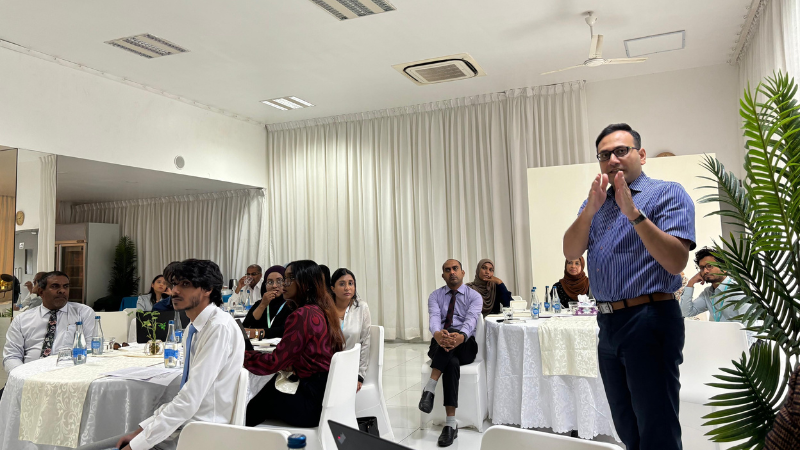
The first day of the workshop focused on the elements of project design. Key topics included project design principles, economic and feasibility assessments, terms of reference (TOR) preparation, and risk assessment and mapping for climate projects. These sessions were designed to provide participants with a thorough understanding of the various stages involved in developing a project proposal. Mr. Soumik Biswas, the Commonwealth Regional Climate Finance Adviser for Asia Pacific, facilitated sessions and guided the participants through the theoretical and practical aspects of project development. The day featured a mix of presentations and group exercises, which included working on three current projects. This hands-on approach ensured that participants could directly apply the concepts learned and gain practical experience in drafting project proposals.
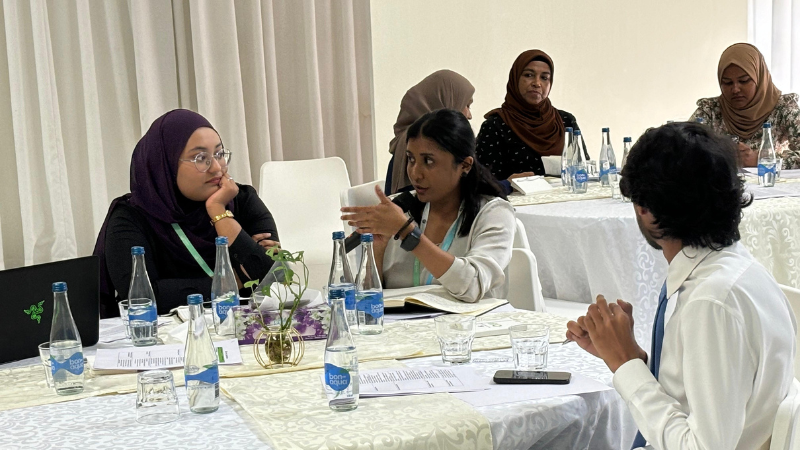
The second day of the workshop focused on the integration of gender and youth considerations into climate adaptation projects. Which was followed by sessions on feasibility assessment and policy interventions and advocacy strategies. These sessions provided participants with insights into effective policy-making and advocacy approaches essential for successful adaptation planning in the Maldives. The comprehensive discussions on feasibility assessments emphasized the importance of evaluating the viability and sustainability of climate projects from multiple perspectives.
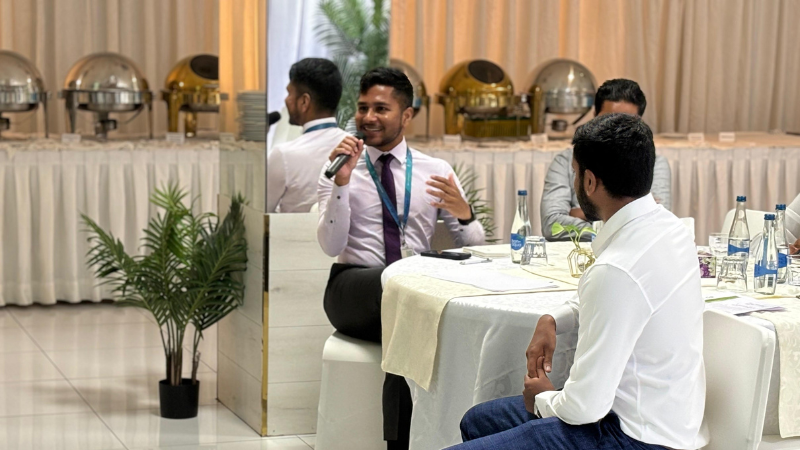
The workshop concluded with closing remarks from Mr. Ajwad Musthafa, the Permanent Secretary of the Ministry of Climate Change, Environment and Energy. He expressed his appreciation for the support provided by the Commonwealth Secretariat through its Commonwealth Climate Finance Access Hub (CCFAH) and the NDC Partnership for their continued support in capacity development initiatives targeting local stakeholders in Maldives. He highlighted the successful partnership between the Ministry, the Commonwealth Secretariat, and the NDC Partnership, and the positive impact such collaborations have on the country’s climate action efforts and capacity development. Uzoamaka Nwamarah thanked the Permanent Secretary for the Ministry’s support and committed to continuous collaboration with the Ministry for this engagement and beyond.
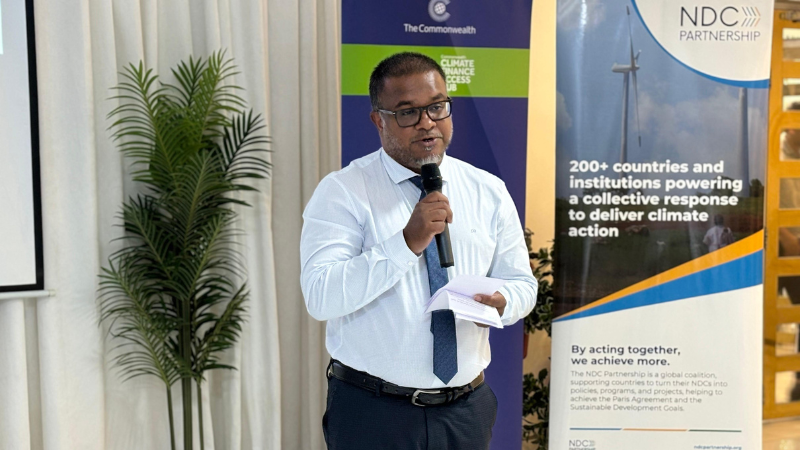
This was the first of five workshops planned over the two-year programme designed to address key adaptation challenges, including project design and management, negotiations, and portfolio management, among others.


